The following are very special comments that were published yesterday by Lidia Barboza Norbis. In case you haven´t seen them (comments are usually not visible to the "naked eye") ... I am publishing them as a new entry.
Have a great week!
**********************************************************************************
"Education is a social process. Education is growth. Education is, not a preparation for life; education is life itself."
Have a great week!
**********************************************************************************
"Education is a social process. Education is growth. Education is, not a preparation for life; education is life itself."
This quote is from my friend John Dewey, 1859-1952, American philosopher and educator, b. Berlington, Vt. He rejected authoritarian teaching methods, regarding education in a democracy as a tool to enable the citizen to integrate his or her culture and vocation usefully. To accomplish those aims, both pedagogical methods and curricula needed radical reform.
More information : http://famous-quotes.com/author.php?aid=2008
I think your blog shows John´s teaching approach in certain way...
Thanks for inviting me to visit your blog and go ahead!
http://lidia2007.blogspot.com/
***********************************************************************************
WHO IS LIDIA BARBOZA NORBIS?
- Magister en Currículum y Evaluación (UCUDAL)
- Licenciada en Ciencias de la Educación (UDELAR)
- Maestría en Estrategia Nacional. Especializada en Procesos de Enseñanza y aprendizaje en la Universidad de Ginebra
- Consultora en Evaluación y Diseño y Evaluación de Proyectos Educativos (Dirección Sectorial de Planificación Educativa- ANEP- CODICEN)
- Profesora adjunta del Departamento de Sociología y Economía de la Educación en Planificación e Investigación Educativa (FHCE-UdelaR)
- Tutora a distancia y asesora pedagógica del Instituto Universitario BIOS
- Profesora de Proyectos Educativos, Universidad de Montevideo
- Actualmente también profesora en el posgrado de Gestión de Instituciones Educativas (IPES)


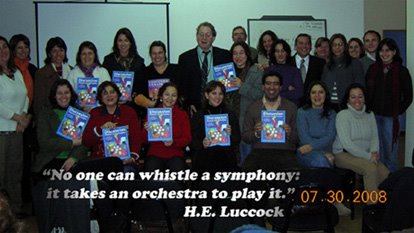

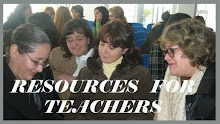











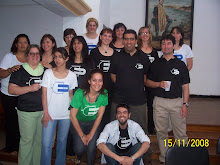







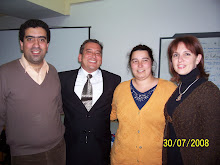

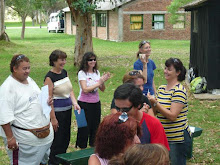


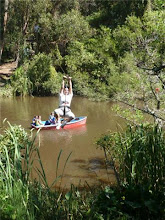
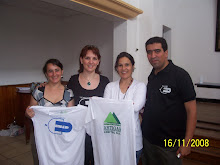

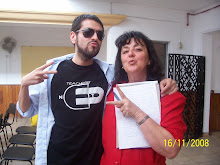


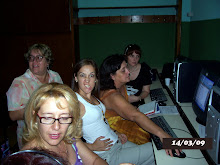

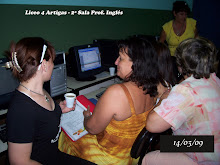

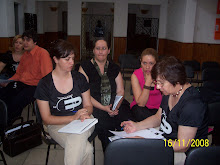
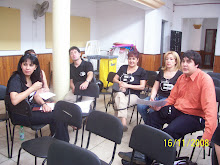

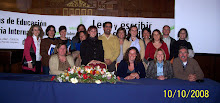


No hay comentarios:
Publicar un comentario